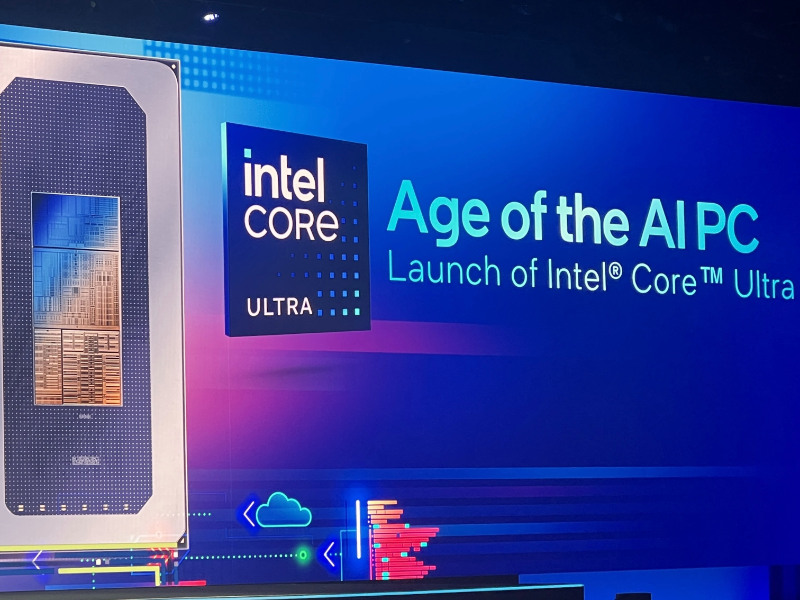- Intel CEO Pat Gelsinger announced at the Intel Vision 2024 conference the shipment of 5 million AI PC chips, with plans to ship 40 million by 2024 and supply processors for over 100 million AI PCs by 2025.
- Last month, Intel introduced new initiatives under its AI PC Accelerator Program, including the AI PC Developer Program and the inclusion of Independent Hardware Vendors (IHVs).
- AI PC criteria jointly established by Intel and Microsoft require features like NPUs, CPUs, and GPUs, with a dedicated Copilot key on the keyboard, and mandate NPUs to deliver 40 TOPS performance, while Intel suggests each component should possess dedicated AI acceleration capabilities.
At the Intel Vision 2024 conference, Intel CEO Pat Gelsinger revealed that the company has shipped 5 million AI PC chips and aims to ship 40 million by 2024, covering over 230 designs including thin PCs and gaming handheld devices. Intel aims to supply processors for over 100 million AI PCs by 2025.
Also read: Intel aims for over 100 million AI PCs globally by 2025
Also read: Microsoft’s AI PCs: Will users take the plunge?
Intel announced two new initiatives last month
Last month, Intel announced two new initiatives as part of its AI PC Accelerator Program: the addition of the AI PC Developer Program and the inclusion of Independent Hardware Vendors (IHVs) in the AI PC Accelerator Program.
AI PCs are required to feature an NPU, CPU, and GPU
For defining what an AI PC is, Intel and Microsoft jointly established criteria requiring AI PCs to feature an NPU, CPU, and GPU, support Microsoft’s Copilot, and have a dedicated Copilot key on the keyboard. Microsoft also mandates that AI PCs must have an NPU performance of 40 TOPS (Trillions of Operations Per Second).
TOPS, or Trillions of Operations Per Second, is a unit used to measure NPU performance, indicating the number of trillion operations a chip can execute per second. Although TOPS alone doesn’t fully measure NPU performance (power efficiency is equally important), it provides a basic performance reference standard.
Intel also proposes its own simplified definition of AI PCs, stating that each component – CPU, GPU, and NPU – should have its own dedicated AI acceleration capabilities, reflecting the design philosophy of Intel’s Meteor Lake and subsequent products.

